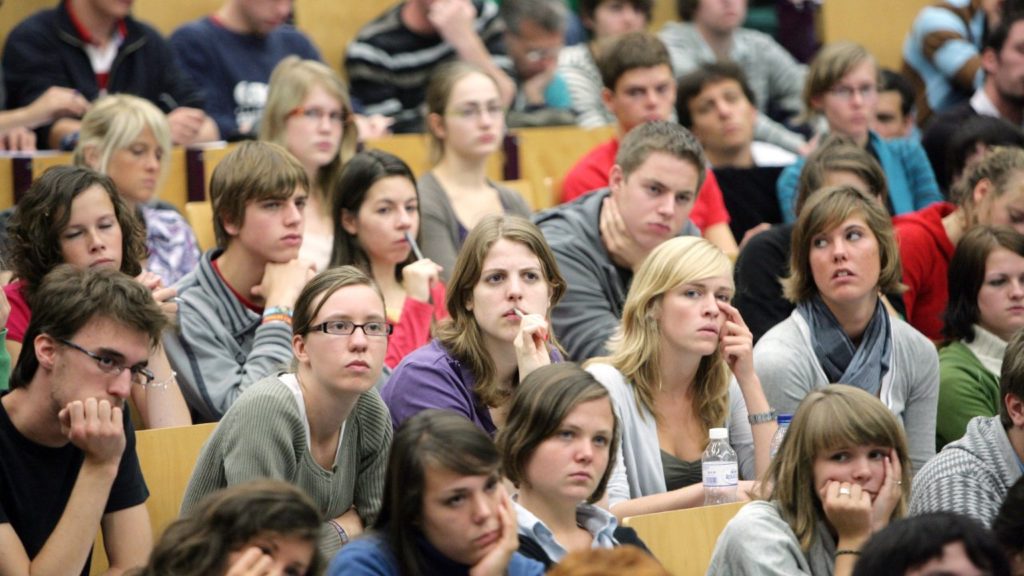Belgium is recognising International Women’s Day in a variety of ways, from rechristening metro and tram stops in Brussels to highlighting some of the country’s important women leaders across government and industry. But when it comes to life for women working in the heart of Europe, how does the country stack up against its neighbors?
We looked at a multitude of factors to see how Belgium ranks when it comes to the labour market for women. Here is what we found.
Gender Wage Gap
With a 5.8% pay gap between men and women, Belgium ranks fourth among the least unequal European countries. The European average is 14.1%.
In 2019, women earned an hourly wage 5.8% lower than men, according to data from Statbel.
Only Luxembourg (1.3%), Romania (3.3%) and Italy (4.7%) have better results than Belgium.
Since 2010, the pay gap in Belgium decreased from 10.2% to 5.8%. For the EU average over that same amount of time, the decrease was smaller: from 15.8% in 2010 to 14.1% in 2019.
Employment
When it comes to employment, nearly twice as many women take on part-time employment compared to men, according to HR company Securex. In fact, almost half of all women (48%) who started a new job last year did so on a part-time contract, compared to just one in four men (25.5%).
The ratio between working women and men (1.9) did not change in 2020 compared to the year before, Securex said. However, there was an improvement in the distribution between the sexes in terms of recruitment, with 45.5% of new contracts being for women, as opposed to 54.5% for men.
When it comes to unemployment, there is a big difference between women and men, particularly in Brussels, where two out of three coronavirus parental leaves were taken by working mothers. That number rose to three in four in September.
"The closure of crèches and schools has undeniably had a considerable effect on women's working lives," said Brussels employment agency Actiris.
In addition, the unemployment rate is higher among women than among men, according to Actiris.
Throughout the European Union in general, one third of employed women were working part time in 2018, nearly four times the rate for men (8%), according to Eurostat. The highest share of employed women working part-time was recorded in the Netherlands (74%), while the lowest share was in Bulgaria (2%).
Related News
- European Space Agency seeks new (female) astronauts
- Brussels organisation seeks to bring women’s voices to the forefront of policy discussions
- International Women’s Day: Gender equality in Belgium
- Women still in the minority in management positions in Belgium
Education and Workplace Role
In Belgium, over half (52.2%) of employed women have a degree in higher education, compared to 38.7% of men. Despite this, just 15% of women employees are working in supervisory or management positions, versus a quarter of men.
The gap for both higher education and supervising roles is less wide when it comes to younger people (aged 15-24), who are more or less on equal footing, but increases among older people.
“Gender related challenges in the education system are an obstacle for economic growth and better career opportunities, especially for women,” says the European Institute for Gender Equality (EIGE). “One of the main challenges is that girls and boys tend to choose subjects according to traditional gender roles.”
When it comes to people between the ages of 30 and 34, almost 55.2% of Belgian women have a university degree, compared to 40% of Belgian men. In the EU overall, those numbers are 46.7% and 36.6% for women and men, respectively.
Helen Lyons & Jason Spinks
The Brussels Times

